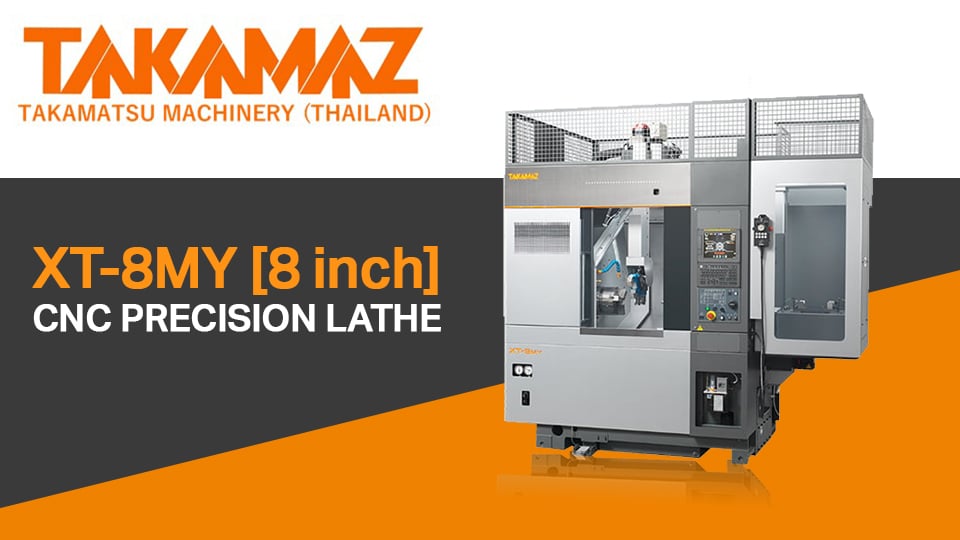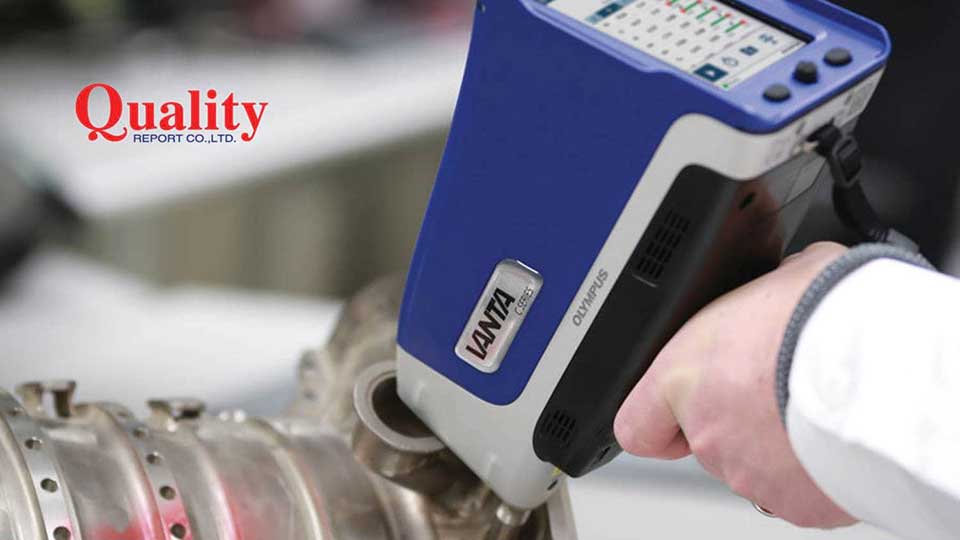
Changsha: Intelligent Manufacturing on the Fast Track
Changsha has taken concrete steps to boost intelligent manufacturing and gather endogenous driving force for high-quality development. Now a profound transformation is rolling out in the city's manufacturing sector.
A news report by China Report: Changsha proposed building a city of autonomous driving as early as 2016 with the aim of forging a complete automotive industry value chain covering intelligent connected vehicle (ICV), road and cloud computing through technological innovation. In September 2019, Schaeffler Group, a leading manufacturer of rolling bearings based in Germany, located its wholly owned entity engaged in intelligent driving and the second R&D center of Schaeffler Greater China in the Xiangjiang New District of Changsha. The two establishments mainly specialize in the development of Schaeffler's Space Drive technology, Mover vehicle platform and 90-degree intelligent steering control, marking the official entry of the company's core autonomous driving technology and products into China.
"The unmanned taxi ride went almost as smoothly as the regular one does," applauded Zhang Jun, a resident of Hunan's provincial capital Changsha, after a test ride of Apollo Robotaxi, a type of self-driving taxi developed by Chinese tech giant Baidu. "It's really a convenient service. The taxi arrived in just a few minutes after I typed in my destination address and pressed the 'call out' button on the Dutaxi app." In late April this year, Baidu officially launched its Robotaxi-hailing service in Changsha, where users can book a test ride for free via the "Dutaxi" app.
Changsha's ICV ecosystem took shape in just over a year as the city attracted a large number of upstream and downstream enterprises along the value chain, including traditional automakers such as SAIC Motor, Geely and BYD, emerging automobile brands such as NIO, Xiaopeng and Weltmeister, and leading internet firms such as Baidu, Alibaba, Tencent, JD, Huawei Kunpeng, iFLYTEK and CSDN. In cooperation with Changsha municipal government, Huawei launched its ICV project in the Xiangjiang New District. As part of its long-term development plan, the city invested and built China's largest intelligent driving test zone. A new milestone in the development of artificial intelligence and ICV industry in Changsha, the test zone consists of 135-kilometer-long urban open roads and 100-kilometer-long expressways.
In addition to boosting the ICV industry, Changsha has also made efforts in upgrading the traditional manufacturing industry and building an industrial cluster featuring world-leading companies such as Sany Heavy Industry and Zoomlion. Sany's No. 18 workshop in Changsha is the largest and most advanced intelligent manufacturing plant in Asia. The Industry 4.0 production line of Bosch Changsha is one of the corporation's manufacturing bases that use the largest number of intelligent modules. Compared with traditional equipment, it increases production efficiency by 30 percent and reduces quality loss and the time for remodeling by 30 percent. Construction of the exemplary project Flex Changsha Intelligent Manufacturing Industrial Park marked an important step of the provincial capital to foster a world-class industrial base.
"We are ushering in an era of artificial intelligence," noted Hu Henghua, member of the Standing Committee of Communist Party of China (CPC) Hunan Provincial Committee and secretary of CPC Changsha Municipal Committee. "Whoever seizes this opportunity will take the lead in replacing old economic growth drivers with new ones and achieving high-quality development." Changsha, a city with a long history in central China, is now emerging on the global arena known for its intelligent manufacturing, construction machinery and media art.






